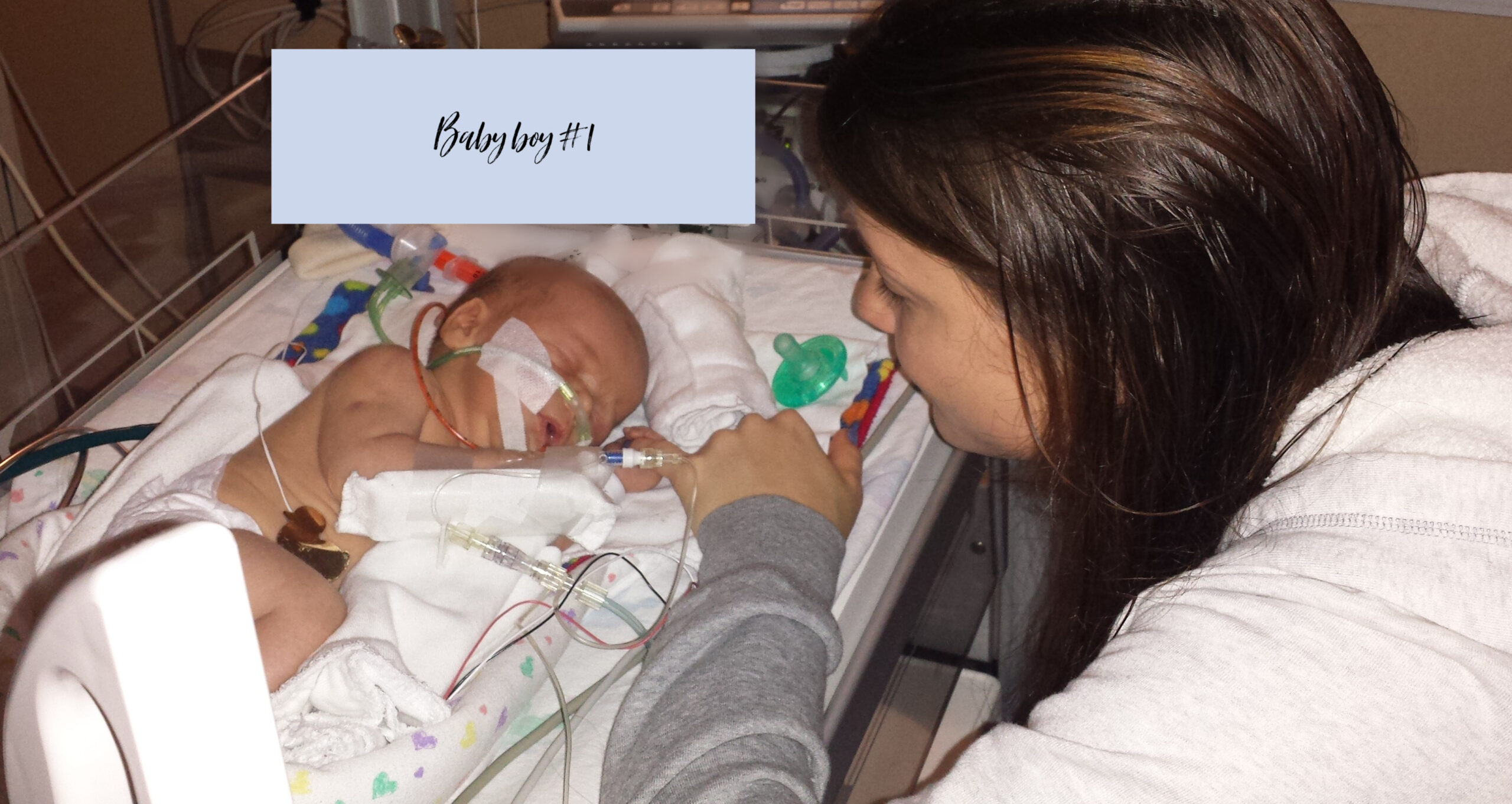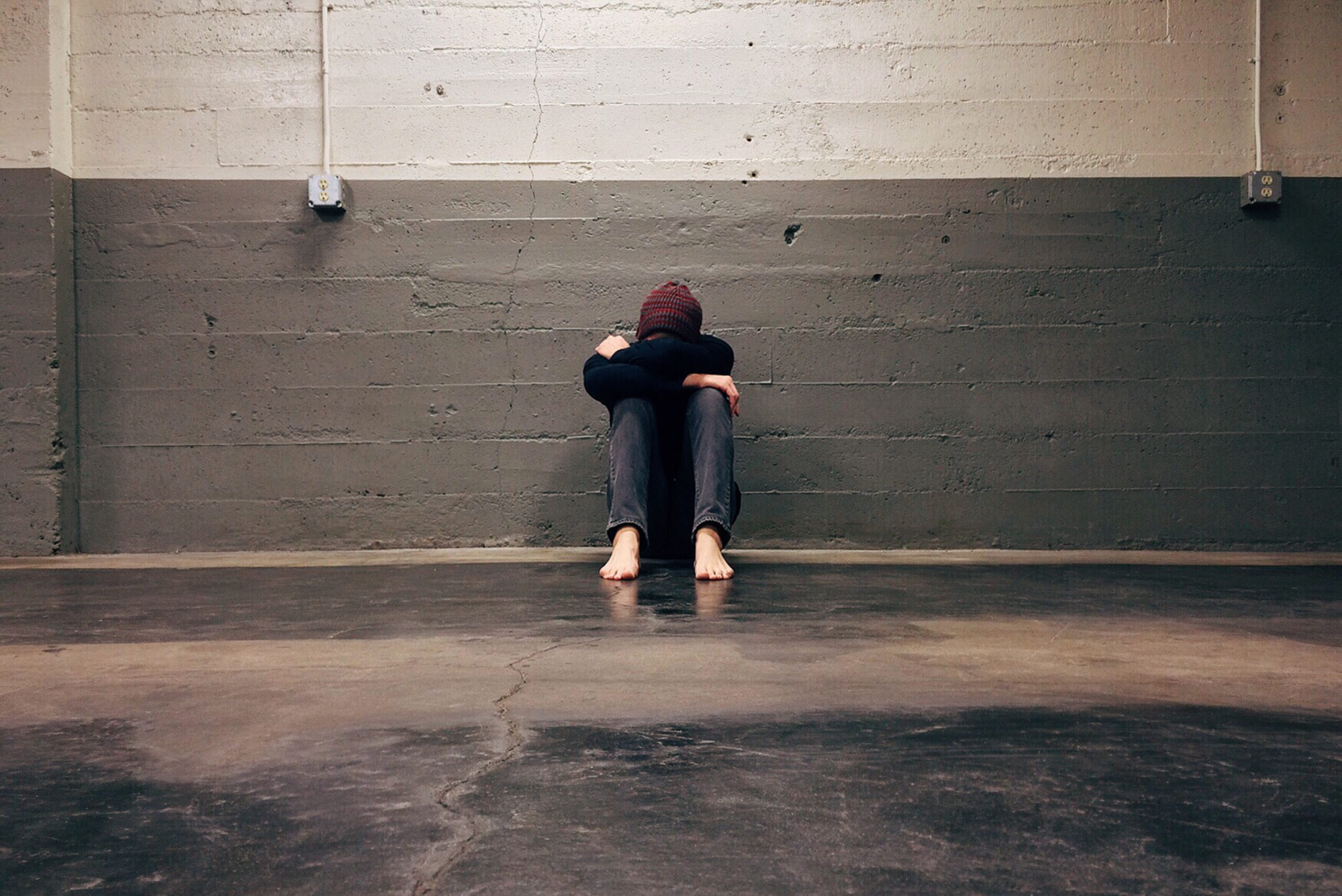Functional Medicine, Mommyhood, Stress Management, Uncategorized
Finding Resilience Through Trauma
Why Some People Have It So Easy
I’ve spent a lot of time pondering the meaning of life in the past 10 years. Why do bad things happen to some people while others seem to get through life the way we feel life is “meant to be”? I’ll save you scrolling through this post for the answer by letting you know I have to come to a conclusion. The conclusion is this: I have no idea.
What I do know is that the more trauma I have faced personally in my own life, the more I grow and enjoy each day with a grateful heart and a mindset of resilience.
If you have been through what seems like hell and back, keep reading.
For me personally, the amount of trauma I have been through I feel is truly insane. It’s hard for me to write “trauma” because with that word you tend to think of extremely serious situations like life or death. Yet, this really isn’t the case. Trauma can be so many things but ultimately something that REALLY shakes you up. I mean to the point where you are NOT okay.
Have you had anything like that happen to you?
How about 3-4 things in a row like that?
Trauma Piling Up
I have had 3 miscarriages, one being a baby I found out about on the day of my mom’s funeral.
I have lost all four of my grandparents in 2 years.
I have had financial struggles.
I have lived pretty much by myself as a full time working mom of 4 suffering from severe post-partum anxiety while my husband built our house every night (bless his soul).
I could have lost my oldest son after a traumatic cesarean section due to anterior placenta previa followed by 15 days in the NICU and a bout of RSV and pneumonia (for him).
My 7-month-old recently stayed at the Children’s Hospital due to a rare and extremely dangerous bacteria called Acinetobacter which caused her sepsis.
The worst part…
I went through almost all of this after the gut-wrenching loss of the number one person who would be there to support me through all this, my best friend, my beautiful mother Diane, to a disease that ripped her ability to do anything away, one function at a time.
That disease, by the way, was ALS, and it is the devil.

Fight or Flight
When stress becomes chronic like this the body responds in so many ways that vary from individual to individual. Have you heard of the fight or flight response? This is the response the body has to a stressor. It is a good thing!
You know the instant sweating you have in your armpits when you lose your kid at the store? (Yeah, me neither).
Or, when your hands start shaking after you Google a symptom you have and it turns out you have a rare incurable cancer in your ear? (Yeah, me neither).
Or someone attacks how you parent your children and your heart starts to race?
Well, that is your body responding to your perceived stress. Fortunately, as the stressor goes away, after 15-20 minutes so do the symptoms. This innate mechanism was once key to human survival but has now become the culprit of a host of health issues including autoimmunity because the response doesn’t turn off.
Stress Effects On The Body
Over time if the stressors in your life keep piling on and how you control your response to the stressors doesn’t change, long-term negative effects can happen affecting nearly every system in your body.
During chronic stress, the adrenal glands secrete corticoids (adrenaline or epinephrine, and norepinephrine which affect multiple systems. An increase in these corticoids suppresses the reproduction system which can cause failure to ovulate in women, impotency in men, and loss of libido in both men and women. Asthma, bronchitis, and other respiratory conditions can be triggered by the changes in the lungs from stress. Type II diabetes can worsen or present due to the loss of insulin chronic stress causes. Susceptibility to colds and flu increases due to the immune system being suppressed from corticoids. Arthritis and chronic pain can worsen, and the continued release of depletion of norepinephrine can contribute to depression and anxiety (Eshelman & McKay, 2019). This is a short list of what chronic stress can do to your body from corticoids alone.
For me, chronic stress led to an onset of autoimmune symptoms. My symptoms started after my mom was diagnosed. I was written off as having anxiety from my moms’ death for about a year after she passed until I found a doctor who would really listen to me. With this Providers help, we discovered I had blood markers that proved autoimmunity was occurring. From that point on I focused on healing myself without prescription medication and was able to put myself into remission. While I do have flare-ups from time to I can tell you it is almost always from eating too much of something that I know is a trigger, lack of sleep, or the number one thing = uncontrolled stress.
Some people are more “stress hardy” than others. This means they bounce back easily from stressful events, even trauma, and don’t see any negative health issues from it. However, some people are canaries in the coal mine. Meaning, their bodies are very sensitive to stress.
This is me, and this is many people who face autoimmune diseases. We are the ones who feel things are wrong early on. We tend to be the ones more sensitive to smells, and pain.
If you are a canary in the coal mine, today moving forward you have to put one thing at the forefront of every situation you face, no matter how difficult.
This is, mindset.

Focus, Not Frustration
I want to share something with you that has helped me personally and I am hoping it can help you and anyone you share it with as well. It is something my psychologist told me after my mom had passed away. Now that I know about it, I see people do this all the time, as I once did.
She said people tend to lump all of their stressors into one which makes the problem feel 1,000 times worse. For example, your bird dies, you’re late to work, you get a flat tire on the highway, lose your wallet, your husband is being a jerk and you have a headache. All of a sudden your day (and potentially week) completely suck. This makes it hard to separate each issue or even feel like tackling anything. When all of that piles up, it does seem like a crappy day. It is easy to fall into the “this day sucks” trap.
One Thing At A Time
It can be hard to focus on one thing at a time, so writing it down is key here!
If you look at all the crap that has happened in my life from the examples above, it sounds pretty bad, right? Well, it was (is). I’m not going to sugar coat that.
Yet focusing on all of that at once is not going to help me, rather it will do quite the opposite. I choose to look for the good because if I don’t I see major problems in my own health, such as symptoms of autoimmunity and inflammation.
Here is how I choose to think about what has happened in my life in order to move forward and learn from it.
✅Losing all my grandparents in a short time leaves me with the utmost respect for the elderly and the lessons you can learn from anyone who is older than you. Write these down while your loved ones are here with you!
✅Having 3 miscarriages gives me an undeniable amount of gratitude for my 4 rainbow babies. It reflects in my parenting and reminds me to be patient even when they test every fiber of my being. It also gives me a voice to speak with other women who have had miscarriages because the more we talk about it, the more others talk about it, the more support we all feel.
✅Feeling “broke” reminds me to simplify life and remember – am I really broke? Look at the world around us and people who are actually broke and have nothing. They are oftentimes the most grateful. It also teaches me to teach my kids about managing money better than I learned to.
✅Living by myself with postpartum anxiety reminds me of the importance of self-care, sleep, reaching out for help when you need it, and talking about it with people you trust! I also use this to help other women who feel the same so no one has to feel like they are alone in that situation.
✅Almost losing my son taught me to lean on the Universe for help. Before that point I didn’t actively pray, but now I do. Although sometimes I’m still not totally sure, it helps to let go and “Give it to God”.
✅My daughter picking up a rare bacteria and sepsis reminds me yet again that you just never know what can happen in life so every minute with your babies is a blessing.
✅ALS is the hardest to move forward from for me. It has shaken up my life permanently day in and day out. It makes every single situation described above that much harder. What I can say is that it fueled my interest in Functional Medicine and the importance of nutrition as preventative medicine. It has also helped me help other women who have lost someone they love, especially a mom. Only you can understand loss like that if you have lost like that. It is an unfortunate group of people to belong to, but it is comforting to feel supported by others who get it.
The point here is this – when life piles it on, it seriously piles it on. It seems sometimes like it comes in monsoons. Yet, you have to pick apart each problem separately because they are all separate issues.

Choose To Be Better, Not Bitter
Solve one problem at a time and resist the urge to lump everything together and call out “life sucks”.
Because it doesn’t.
Here is what separating the issues may look like from my first example:
- Your bird dies – Maybe you bury him and have a family memorial service for him. Maybe you put his picture up somewhere special to keep him in your heart. It sucks, but death is part of life so honor him however you feel you need to.
- Your tire is flat – Fix it! Maybe you will learn how to change a flat tire. Maybe you will have to call someone for help. At this point there is nothing you can do about it, right? So getting upset will only harm one person. You.
- You lose your wallet – you cancel your cards and start over, hoping you find it. You might be out a little cash or a lot of cash, but there could be worse things!
- Your husband is being a jerk – aren’t they all? Kidding, kidding. You tackle that issue with him when you can carve out some time with him.
- You have a headache – self-care first! This may be a sign that you need to prioritize yourself better or reach out for help from someone who knows a bit more about health than you.
After you know what the issues are, you can decide, “what should I work on first”? This is where I love the book “7 Habits of Highly Effective People“, by Stephen Covey. It is an oldie but goodie, teaching you to put things into categories based on urgency. If you are having a hard time prioritizing life in general, I highly recommend it! It is also a book to come back to once in a while. I have read it three times and learn something new from it each time, based on whatever is going on in my life at that moment.
A Mindset of Resilience
If you choose to see the best-case scenario and assess situations with a resilient mindset you will move forward in a productive manner instead of feeling like your head is spinning and you just want to hide in bed all day.
This takes practice, believe me!
It takes you talking to yourself with respect and love.
It takes you forgiving yourself for the bad days (like those days you feel like a crappy mom)
It takes a choice in every moment of stress. The choice to move on and look forward.
More often than not, it really is that simple.
Keeping a chip (or 10 chips) on your shoulder will not only spread crabbiness to others, but it will also harm your own health and age you fast. Remember while there are many people who have it “easier” then you, many more have it much much harder, no matter how much loss you have had.
Life is so beautiful, even in the face of tragedy there is a lesson you can learn to fuel you to become better, not bitter. It’s your choice.
Davis, M., Eshelman, E. R., & McKay, M. (2019). The relaxation & stress reduction workbook. Oakland, CA: New Harbinger Publications, Inc.

